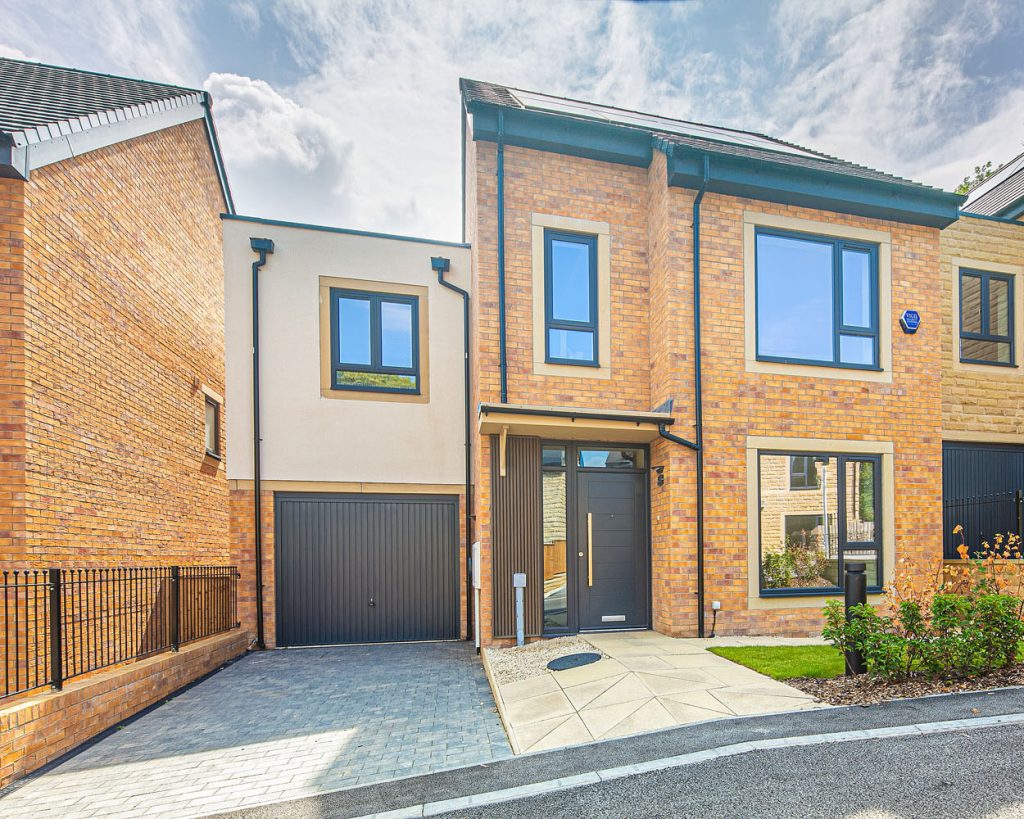We understand that many of the words and phrases we use every day might be unfamiliar to those who don’t work in the property industry. That’s why we think it’s important to explain the jargon you might come across if you’re buying a brand-new home.
Chain
Several buyers and sellers are dependent on each other for the sale to be completed. You could find yourself in a chain if you have a property to sell before you can move into your new home.
Completion
The date the ownership of a property officially transfers to the buyer – there’s no going back! Generally, on the completion date, you get the keys to your new home.
Conveyancing
The legal process of transferring ownership of a property. Buyers must appoint a solicitor to do their conveyancing.
Deeds
The legal documents which prove who owns a property. They will ‘transfer’ into your name when you buy a new property. Keep them safe!
Disbursements
The fees and taxes a solicitor will have to pay out to other organisations, such as water companies or the Land Registry, as part of the house-buying process. Buyers will be charged disbursement fees on top of the conveyancing fee.
EPC (Energy Performance Certificate)
A certificate which measures how energy efficient a property is on a scale of A (very efficient) to G (very inefficient). Most new builds are rated A or B, compared to an average of D for older properties.
Freehold
The land the property is built on is owned by the occupier and guaranteed forever, meaning there is no ground rent to pay. Since 2019, all new builds have to be freehold by law.
Reservation Fee
A part or non-refundable deposit that will reserve a new home for a pre-agreed length of time, allowing the buyer to exchange contracts.
Service charge
A sum each household on a development, or within an apartment in a block, must pay each year for the upkeep of an area or a service that they have communal use of—for example, cleaning and lighting communal hallways or maintenance of shared gardens.
Snagging
When you buy a newbuild property, you should inspect it and report any small problems, or ‘snags’, to the developer ideally before you move in.
Stamp Duty Land Tax
A percentage of the total cost of a property which must be paid as tax to the Government. Currently, any property which is valued under £500,000 is exempt, as are first time buyers. For high-value properties, the rate is between 3% and 12%.
Valuation
A basic survey of a property to estimate its value. Mortgage providers will insist on this before agreeing to lend.
Warranty
An insurance policy which protects buyers of new homes from structural defects, usually for the first ten years.






